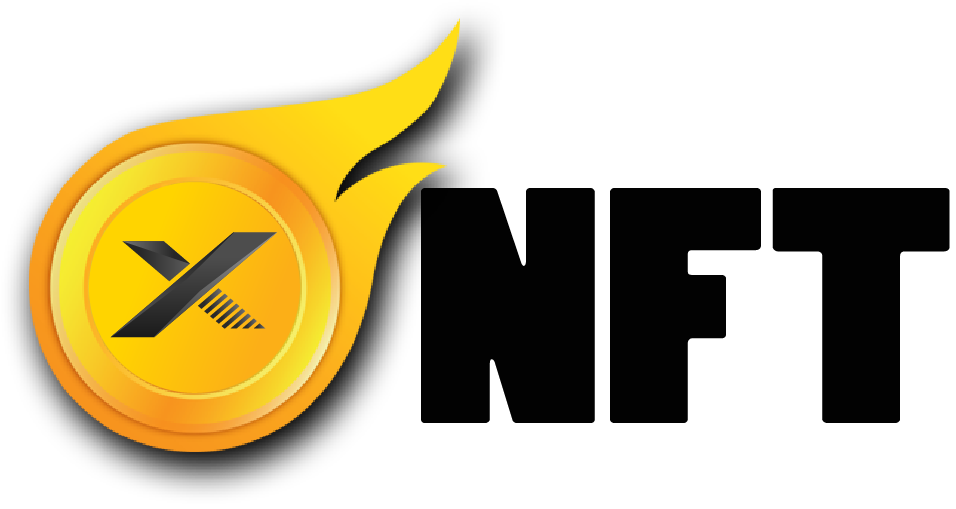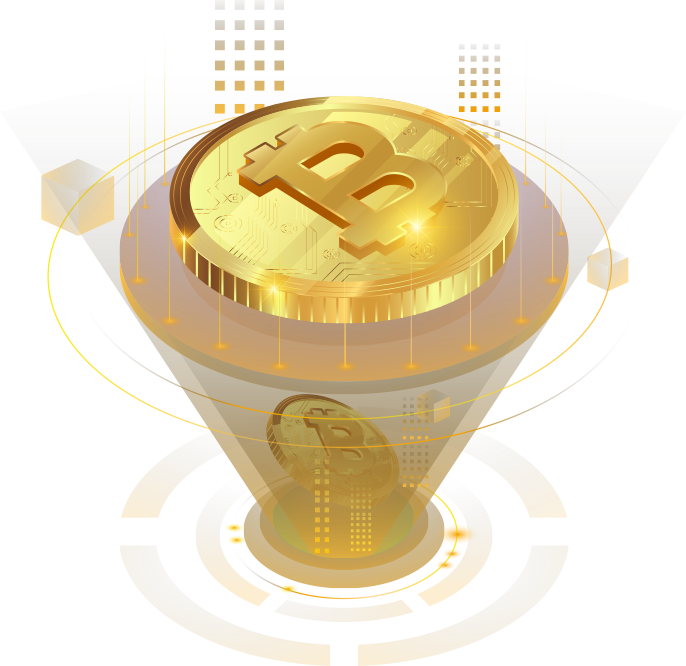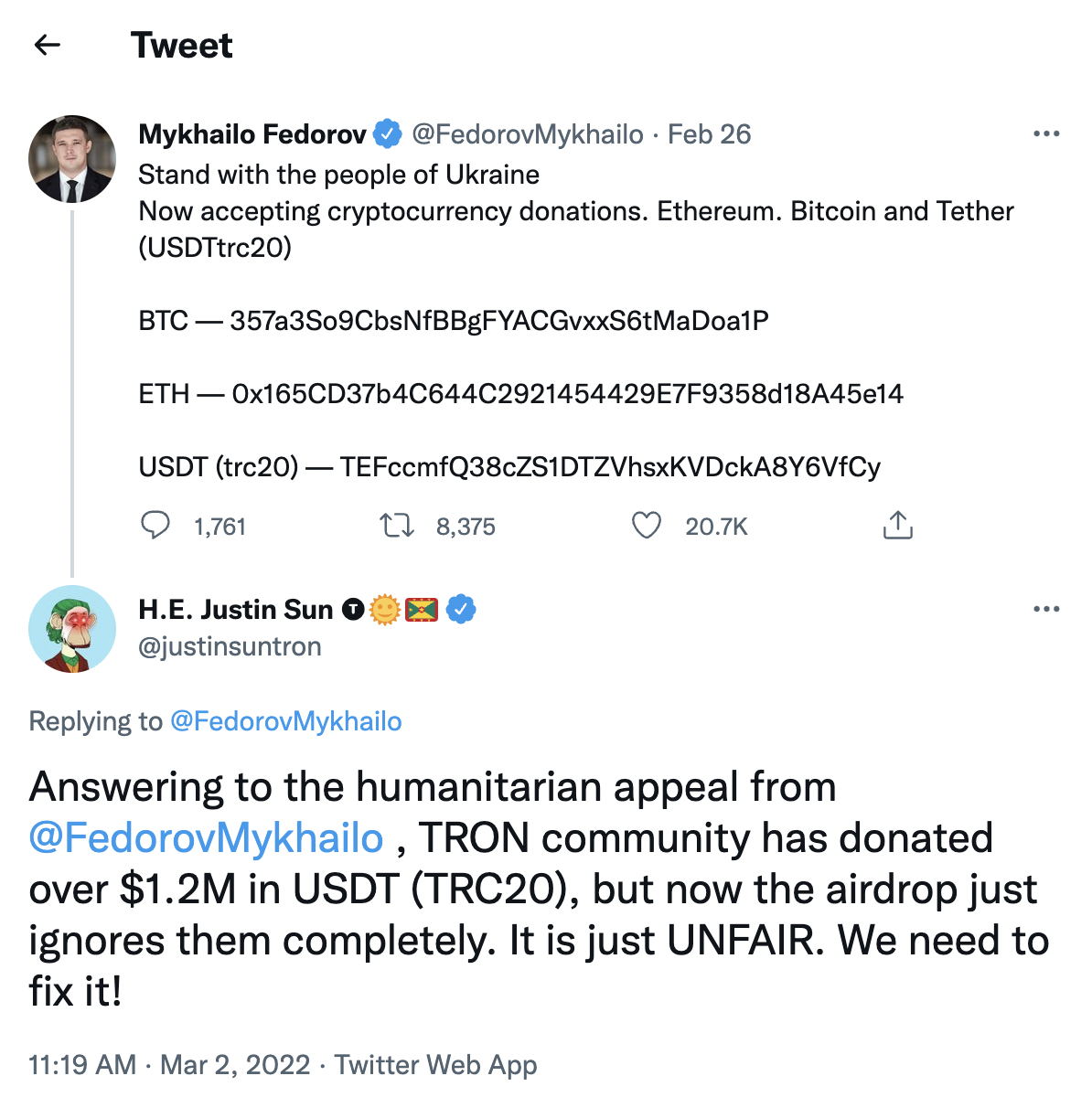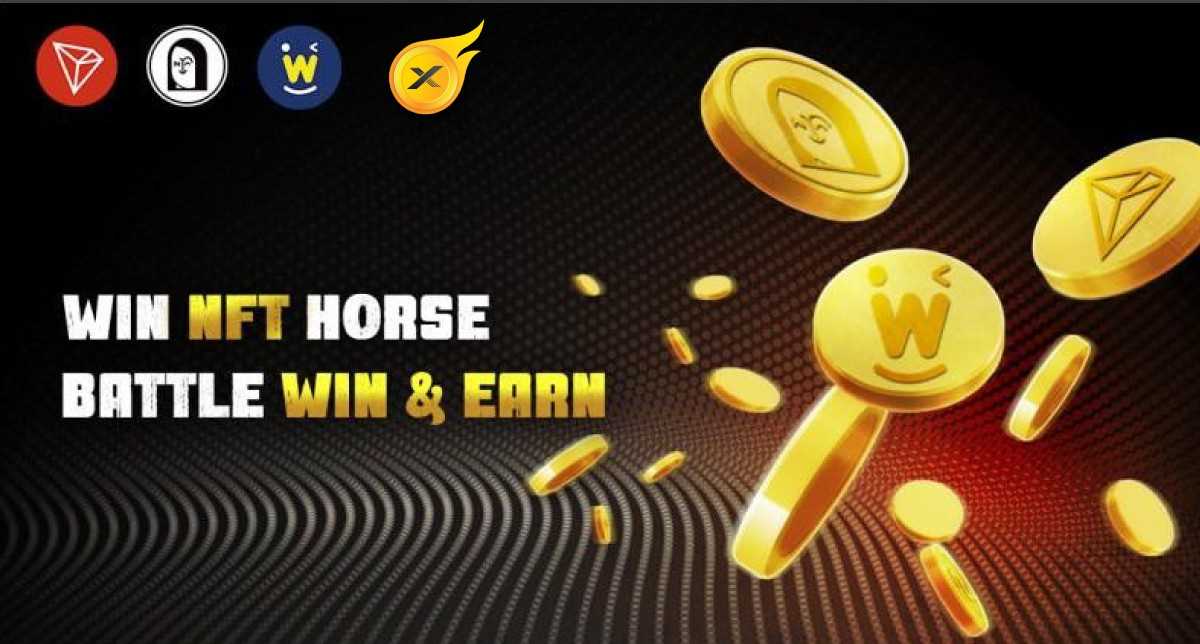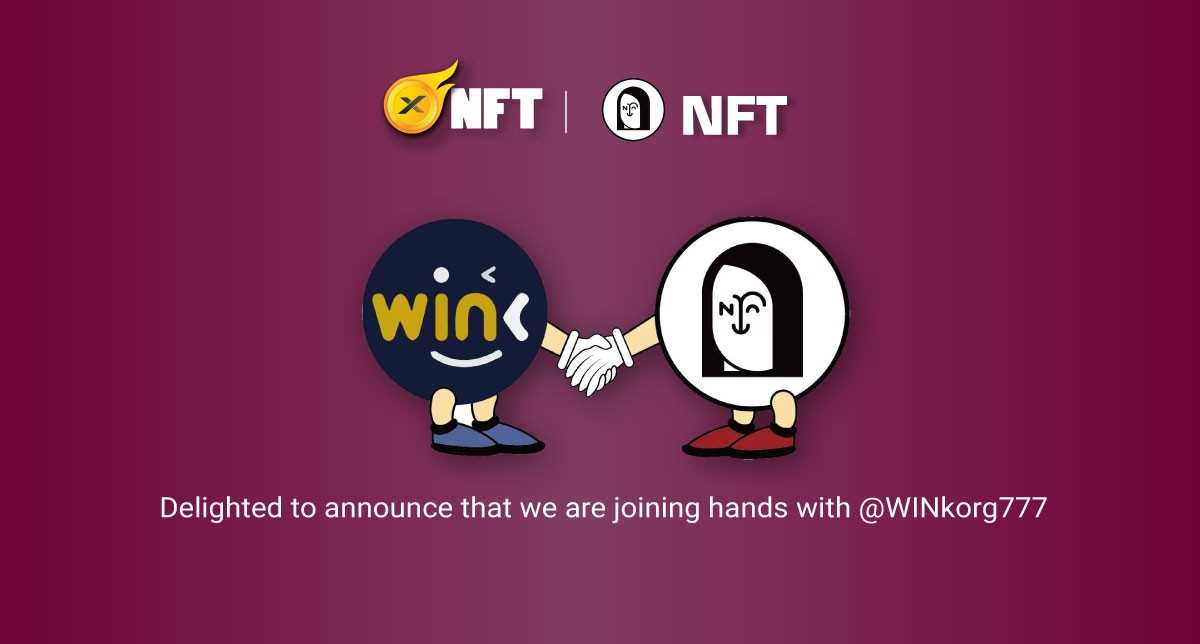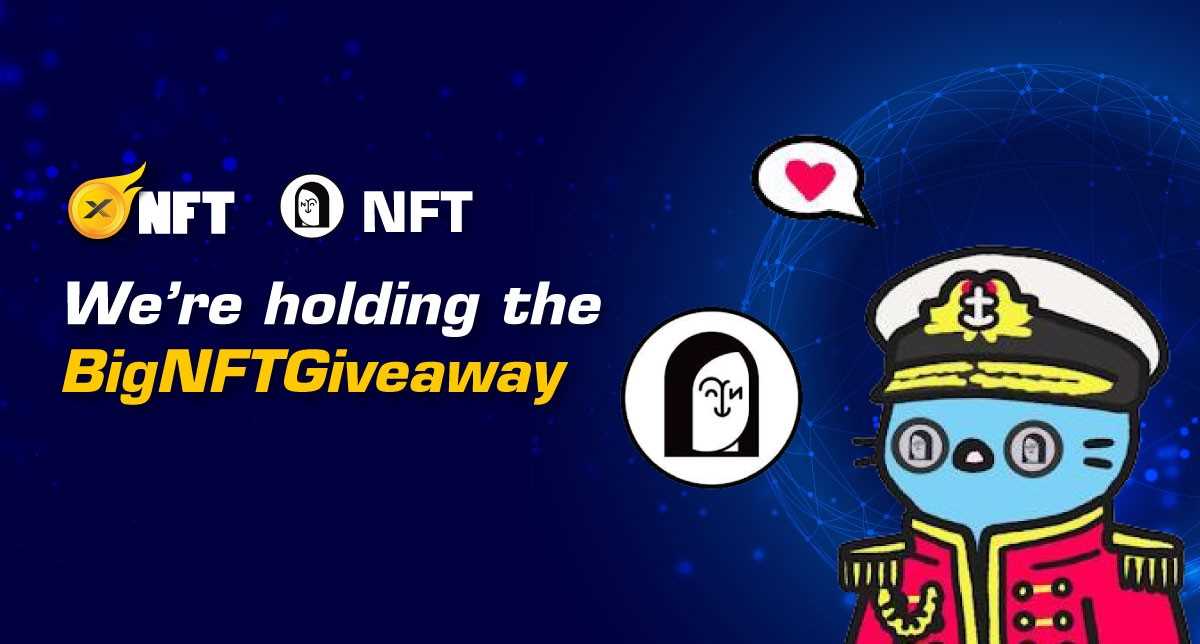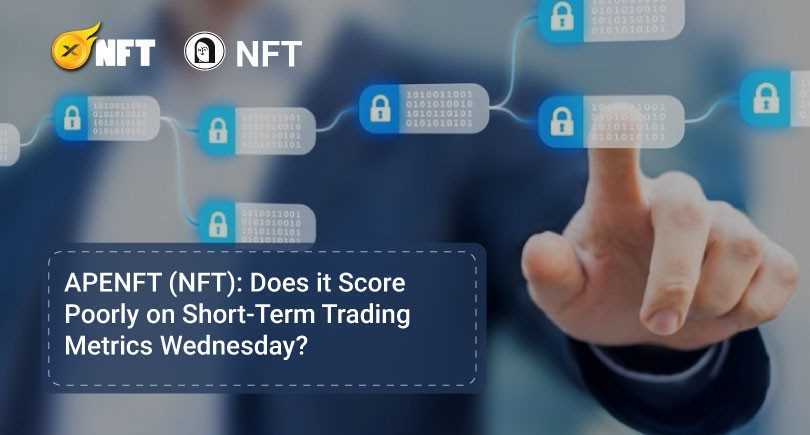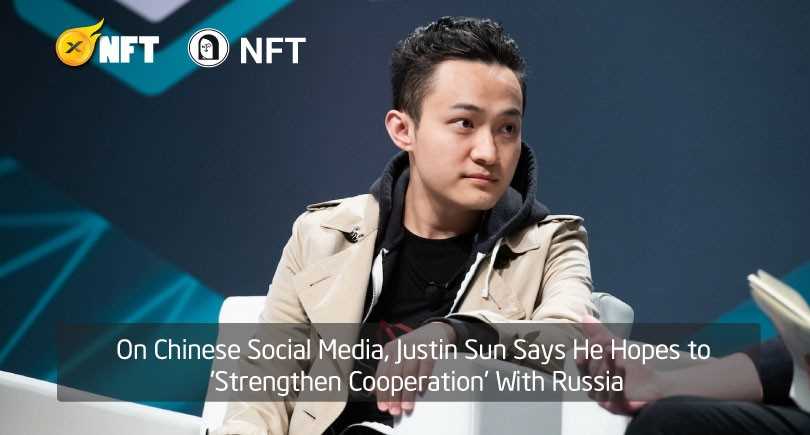
The Tron founder has been a prominent supporter of crypto fundraisers for Ukraine during Russia's invasion. But a comment posted only across his Chinese social media sent a more complicated message.
Justin Sun appears to be hedging his political bets.
In less than a week, the Ukrainian government raised more than $50 million worth of crypto after Russia launched a full-scale invasion on Feb. 23.
Crypto heavyweights were quick to show their support, announcing millions in donations to the cause. Justin Sun, diplomat and founder of the popular blockchain Tron, quickly emerged as a loud voice in the crypto fundraising movement for Ukraine.
But on his Chinese social media platforms he took a somewhat different approach. In addition to writing and publishing posts about fundraising for Ukraine, on March 1 he posted the following message in Chinese to both his Chinese Twitter and Weibo accounts, referencing a virtual meeting with a Russian diplomat:
“In a video call with Russia’s [World Trade Organization] Ambassador Dmitry Lyakishev, we discussed how technology could be used for humanitarian cases for Russia’s development, such as the use of blockchain tech to help citizens that don’t have access to the financial system. Hope to strengthen future cooperation with Russia!”
This message was notably absent from his English language Twitter account, which boasts 3.3 million followers.
A high-profile cryptocurrency figure with a large following in both the U.S. and China, it looks like Sun is walking a political tightrope right now. While the rest of the world has largely condemned Russia’s unprovoked attack on Ukraine, online opinion in China tends to be more sympathetic to Russia, the New York Times reported on Feb. 27.
Sun, a Chinese national who became Grenada’s permanent representative to the WTO last year after stepping away from Tron, said elsewhere on Twitter that his “duty” is to protect Tron users’ interests.
Not only was Sun one of the first to confirm the Ukrainian government was indeed collecting crypto donations – personally reaching out to the Ukrainian government for confirmation – he also announced a sizable personal donation to the cause, all through his verified Twitter account. Through the week, he rallied his Twitter supporters to donate more of Tron’s native token TRX to the cause.
“My guess is simple – it is difficult to write about fundraising for Ukraine in Weibo, given Chinese censorship and predominant pro-Russian narrative,” said Igor Denisov, senior research fellow at the Moscow State Institute of International Relations’ institute for international studies in an email to CoinDesk. (Sun’s Weibo posts on Ukraine fundraising were not, in fact, censored. But other war-related content has been.)
“Brother Sun, help Russia bypass financial regulations and take care,” one Weibo user commented in Chinese on the post about Sun’s meeting with the Russian diplomat. Another said, “[You have] more than $10 billion, that’s enough to [run for president of the United States]”
“This is the right attitude,” said yet another user.
Meanwhile, one of Sun’s posts in support of Ukraine, from Feb. 26, was less well-received by his Chinese followers.
“Brother Sun is pro-NATO?” one user commented, referring to the North Atlantic Treaty Organization (NATO). Russian President Vladimir Putin is against the expansion of this intergovernmental military alliance to eastern Europe. This is cited as a key motivation for Putin’s invasion of Ukraine, which was interesting in joining NATO.
“Ukraine is anti-China,” another user commented, while yet another asked Sun: “Are you a spy sent by the United States?”
A representative from Grenada’s permanent mission to the WTO said during a call with CoinDesk on Friday that Sun’s meeting with the Russian diplomat was simply a courtesy.
“H.E. Mr. Justin Sun paid an introductory courtesy call on his Russian counterpart H.E. Mr. Dimitry Lyakishev on 1 March 2022 via videoconference. Both Ambassadors discussed the latest developments at the WTO. They also discussed potential use-cases of Blockchain technology to help various communities in the world – including in Russia - who might not have access to the traditional finance system," the representative said in a written statement later.
Tron “is neutral and decentralized,” Sun tweeted on his main account on March 1, the same day he posted about his meeting with a Russian official.
Stefan Wolff, professor of international security at the University of Birmingham, said Sun’s desire to strengthen cooperation with Russia could be a positive thing at a time when diplomacy has been sidelined.
“I would not rule out that his first and foremost interest is in stability. That requires getting Russia to stop its aggression and it requires that there is a functioning Ukrainian state left once this happens,” Wolff said in an email to CoinDesk.
But it could also just be a matter of image.
“Whether he is sincerely doing the fundraising on other platforms, I honestly do not know. Perhaps it is an attempt to draw attention to himself with a topic that is now in high demand among Western audiences. Perhaps in both cases it is a cynical [public relations] campaign,” Denisov said.
“I am so convinced, he is [f-ing] awesome, a smooth opportunist, doesn’t know what to choose until the last minute,” one Weibo user commented.
Airdrop controversy
On Feb. 26, after Ukraine’s announcement about accepting crypto donations, Sun publicly requested that a Tron address be added to the official list of digital wallets. Less than an hour later, he tweeted he had made a $200,000 donation to the Ukrainian cause in the Tron blockchain’s native token TRX.
On Wednesday, in yet another historic move, the Ukrainian government announced a crypto airdrop (a distribution of tokens) to thank donors who have been sending in millions to the cause.
While Sun was receiving some praise for his meeting with the Russian diplomat on Chinese platforms, he drew heavy criticism from Twitter users from the rest of the world.
In now-deleted tweets, Sun complained that Tron had been excluded from the airdrop. In one tweet that is still live, Sun said the Tron community is continuing to support Ukraine even after being excluded from the airdrop.
“But it is just UNFAIR to exclude them! Every donation should be treated equally!” Sun said.
New diplomat Justin Sun tweeted his discontent at the Tron community being allegedly excluded from an airdrop planned by the Ukrainian government.
He was responding to a tweet from crypto entrepreneur Farokh Sarmad that said, “You are screaming about "unfairness" while the people of Ukraine are hiding hoping not to get bombed. Please put that into perspective.”
While Sun may have simply been defending the interests of 5,000 or more Tron users that donated to the Ukraine’s cause from unfair treatment, Wolff says Chinese entrepreneurs with a global platform have a part to play in stabilizing a region plagued with uncertainty.
According to Wolff, aside from it being a humanitarian catastrophe that any sensible human being must have an interest in bringing to an end as quickly as possible, what’s unfolding in Ukraine is also hugely disruptive to the global economy.
“So any rational economic actor will also have an interest in ending the war as quickly as possible,” Wolff said.
Wolff pointed to the many major multinationals that have suspended their operations in Russia along with big investors are beginning to divest from the country.
When asked if Sun’s team had any plans to publish the post about strengthening cooperation with Russia on his main Twitter profile, his representative declined to comment on the record.
Meanwhile, Sun has been tweeting about meeting with other ambassadors: On March 1, he tweeted about meeting Jonathan Kaplan, U.S. ambassador to Singapore.

